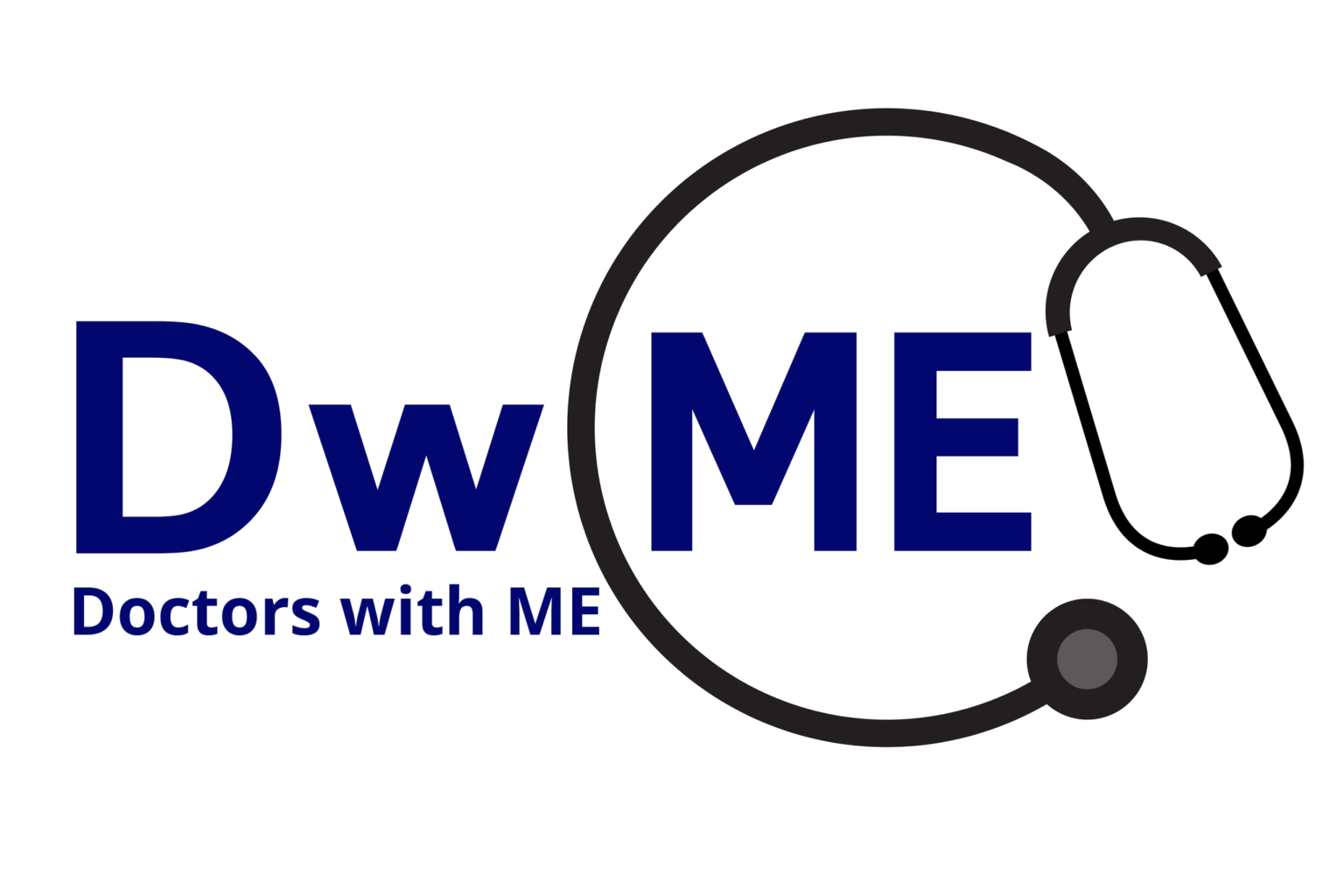Our mission and vision
To improve patient outcomes worldwide by empowering medics, scientists and policymakers with up-to-date practices and scientific rigour, fostering collaboration between professionals, the industries they serve, patients and the public.
To build a future where every surgery, hospital, agency, insurance provider and employer is enabled with accurate information that supports their patients, clients, shareholders and wider stakeholders.
Who and where we are
Doctors with M.E. is the global professional association for medical practitioners and scientists in the field, bringing together leading experts, regional associations and the quarter of a million healthcare professionals with ME that already existed pre-pandemic. We are a unique authority on myalgic encephalomyelitis and those Long Covid patients acknowledged by NIH, NIAID and BMA narratives who risk progression to this neuroimmune disease. With professional backgrounds developed in hospitals, surgeries, universities, financial services and think-tanks, our range of expertise is both specific and multidisciplinary.
The first global professional association in the field, we are also the first to be established and led by medics and experts who suffer from ME themselves. We are Doctors with ME and Doctors who stand with ME.
What we do
Doctors with M.E. empowers medics, scientists, industry and policymakers with evidence based practices and scientific rigour, distributing regionally produced content to a global audience. As the international umbrella body representing our professions, we bring the state of the art to ME medical practice, research and policy.
Why we do it
Myalgic encephalomyelitis is a common, complex, chronic, multi-system physical disease that already affected over 30 million people globally pre-pandemic. Classified by the World Health Organization ICD and SNOMED-CT as a neurological condition, the disease causes unusually severe disability and most often manifests post-virally (onset can be masked by life circumstances). It can also affect people of any age or demographic, including children.
ME is sometimes referred to by the problematic legacy term “chronic fatigue syndrome” or the acronym ME/CFS. The incomplete and stigmatising nature of the term chronic fatigue syndrome is frequently compared to previously misapplied “hysterical paralysis” terminology used for multiple sclerosis patients. The double-barrelled acronym ME/CFS exists to bridge past terminological failures and the original disease name, meaning many professionals and patients are more comfortable with the term ME.
High quality evidence-based care is worse than rare – the disease is largely unaddressed or mismanaged, at best. Despite being common and having clear diagnostic criteria, the empirical consensus documents unusually low levels of understanding amongst medical professionals of ME epidemiology, disability and management. Current norms versus ME are analogous to prejudices that were previously psychologised versus other physical conditions, such as multiple sclerosis, asthma or autism.
ME patients are not just unusually neglected. Quality of life scores are shocking – worse than nearly all conditions encountered in primary and secondary care (with little difference in emotional or mental health, despite repeated confirmation of ME as a greater physical disability). They are unusually vulnerable, often with little physical capacity to address issues that affect them, implying the need for additional care in clinical frontline services and administrative contexts.
The poor public health outcomes from normalised misconceptions are grave – even prior to the shortcomings revealed by the pandemic. Even where there is goodwill, medical norms still regularly run entirely contrary to scientific consensus and are enabled by failed regulatory assessments. This in turn undermines other practitioners’ knowledge and public policy formulation – extending costly misconceptions into client industries, such as pharmaceuticals and insurance.
These weaknesses and failings risk patient harm and regulatory compliance repercussions. At best, they undermine trust across patient and client relationships. At worse, they generate substantial medico-legal risk. They also contribute directly to inaccurate media narratives that perpetuate socio-medical harm, beyond medical care and into families and workplaces.


